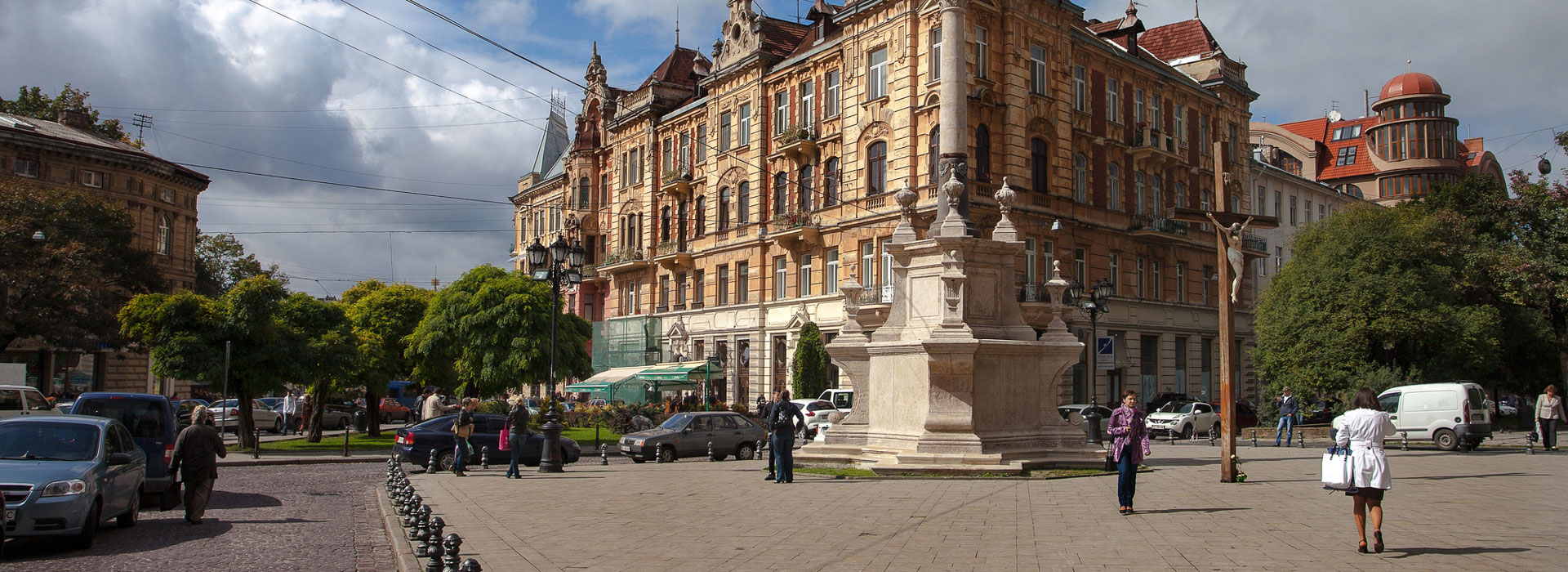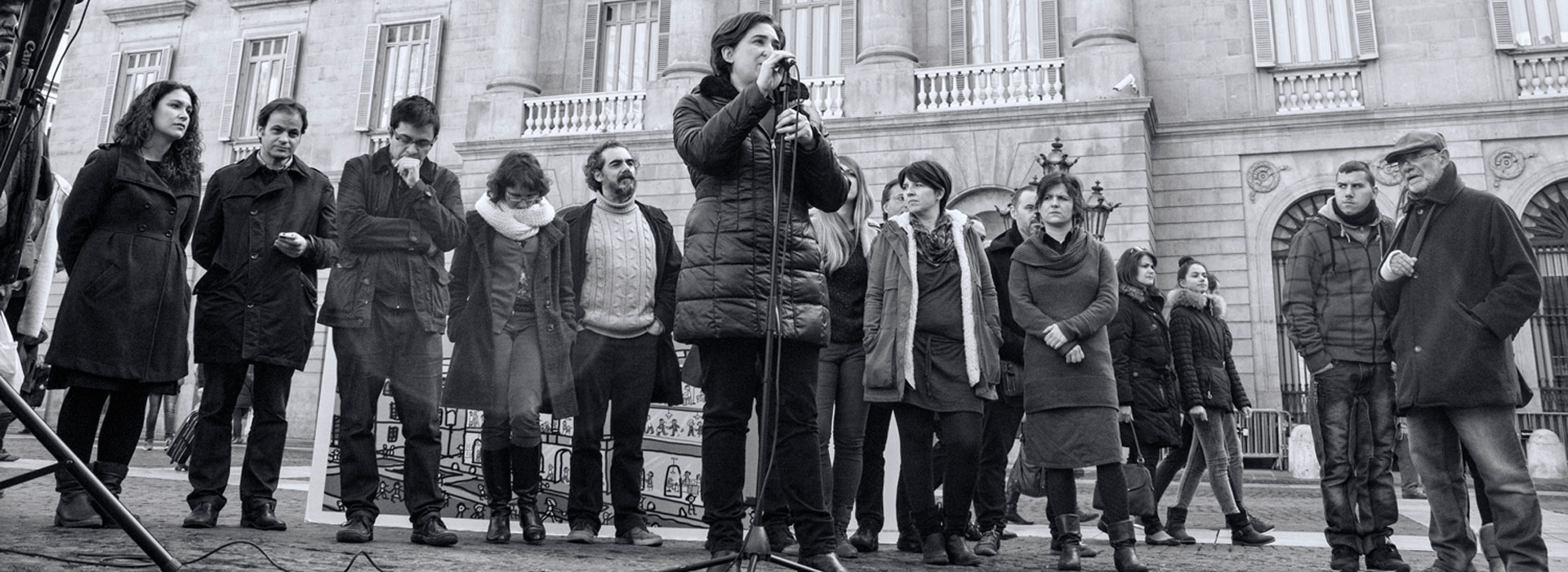Hmarochos listened to Portuguese researcher’s lecture and found out how the city transparency index is calculated, why political competition is important and how citizens can control municipal authorities.
Urban scientist and research fellow at LSE Cities in London School of Economics and Political Science Nuno Ferreira da Cruz, coordinator of the New Urban Governance project, shared Portuguese experience with compiling the Municipal Index of Transparency, which was first created in 2013 by Transparência e Integridade, Associação Cívica (TIAC), the national chapter of TI in Portugal, in collaboration with Portuguese academia. Hmarochos wrote notes about the main points of the researcher’s lecture.
On Transparency Index
What is the Municipal Index of Transparency? Together with volunteers and dozens of experts, they came up with 76 transparency indicators which constitute the index (18 indicators are connected with the level of nationalization of property, 13 have to do with local planning, 5 reflect local taxes, tariffs, fees, regulations, 8 – relations with the local people as customers 10 – public procurement, 12 indicators are about economic and financial transparency, 10 – management of land use and land planning). MIT does not measure the quality, truthfulness and comprehensibility of information or corruption.
Transparency is defined as publication of all acts of the government and their representatives to provide the civil society with respective information in full and available form.
In Ukraine, the index consists of 100 biggest cities. The first place in the ranking is currently occupied by Lviv. Kyiv is on the fifth place.
The goal of our project is to improve the standards of democracy and create better conditions in the relations between the citizens and the public authorities, and only then comes assessment of transparency level, improvement of accountability and monitoring of authorities. All of this happens without sanctions and pressure.
We send the complete matrix with results to municipal authorities. Only 29 out of 300 authorities responded during the first year (we give them 12 business days to respond). During the second year, the number reached 126.

The municipality is supposed to look at our results and make independent conclusions concerning their position in the rating, assess their transparency level. We also additionally created handbooks and prerequisites for municipal transparency. Municipality decides by itself whether to change the policy and how to develop to increase transparency and accountability to the community.
The question of transparency should not be brought up once in four years – it indicates bad democracy.
In 2013, the maximum indicator of city transparency was only 60 out of 100 (the lowest one was 7). But in 2016, there already was a city with 100 points. We can speak about annual improvement of the situation and the role of our project in this. We see improvement in all areas of life, and what is more important, the number of municipalities which improve their results grows as well.
On Corruption
In Portugal, we know everything about corruption: we know where “something’s going on.” Sometimes a corrupt municipality can have a high MIT result. Corruption usually doesn’t affect the results in the ranking.
Public procurement is a high-risk area, which usually lowers the result and thus the position in the index. Therefore, municipalities try to improve their results in other areas.
On Mayors
In Portugal, women mayors constitute 20% of all mayors. These municipalities are more transparent than those led by men. Why are the results like this? Because women work with people more and listen to their wishes; they also form a team around themselves instead of making decisions alone without relying on anybody else’s opinion.

The mayor’s age and education do not affect transparency. The financial situation of local citizens is much more important – the higher their economic status, the better transparency results.
On Competition in City Councils
To increase the level of competition, researchers recommend reforming the political system and implementing the election reform. The high political culture of the citizens is important as well. Citizens have to control corruption and care about transparency. This issue should not be important only to individual institutions or projects.
Transparency is the responsibility of every citizen. Pluralism of authorities is even more important. If the opposition is weak, so is transparency.
I always advise to assess internal management and potential of every subject of local governance with Local Integrity System Tool, which allows to analyze each function of accountability and track the progress.
Currently, the situation with municipal transparency in Ukraine is like that in Portugal in 2013. Lviv takes the first place with almost 60 points, the last place in the ranking is occupied by Novomoskovsk with 8 points.






